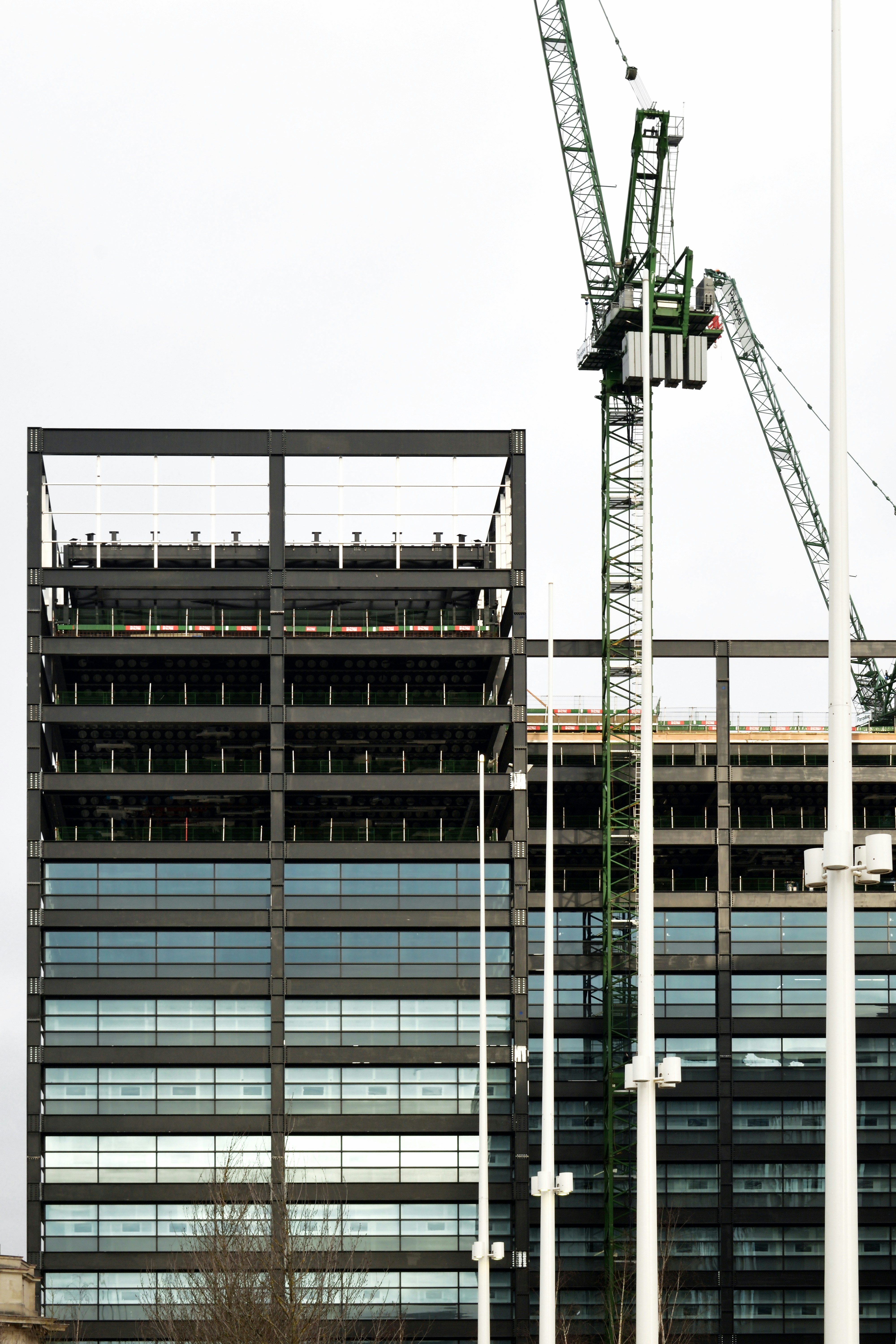Why Adapting Building Codes Matters
Hurricanes have long been a formidable force in regions like Florida, where their devastating impacts are felt economically and socially. The state has experienced increased hurricane intensity and frequency, making it essential for communities to reevaluate and enhance their hurricane resilience. One critical area of focus is the adaptation of building codes to withstand the powerful forces of these natural disasters.
The Evolution of Building Codes
Building codes have evolved significantly over the decades, with initial codes primarily focusing on structural integrity and safety. However, as climate change intensifies, modern building codes are increasingly incorporating resilience measures specifically designed for hurricane-prone areas. These updated codes include requirements for wind resistance, impact-resistant windows, and fortified roofing systems. The Florida Building Code, for instance, has been regularly revised to reflect new research and technological advancements in hurricane mitigation.
Integrating Technology into Building Design
Recent technological advancements have paved the way for innovative solutions in building design and construction. For example, new materials and construction techniques can enhance a building’s ability to withstand hurricane-force winds and flooding. The integration of smart technologies, such as sensors that monitor structural integrity during a storm, offers real-time insights and early warnings, potentially saving lives and reducing damage. For more insights on technological innovations in hurricane forecasting, explore our blog.
Economic and Safety Benefits
Adapting building codes is not just about safety; it’s also an economic investment. Buildings constructed or retrofitted to meet or exceed modern codes can significantly reduce repair costs after a storm. Insurance premiums may also be lower for buildings adhering to stringent resilience standards, providing long-term financial benefits for homeowners and developers.
Community and Policy Implications
Communities must work in tandem with local governments to ensure that building codes are not only updated but also enforced. Education plays a crucial role in this process. Homeowners, builders, and policymakers must understand the importance of compliance with modern codes and how these changes can benefit everyone. Engaging with local building officials and participating in community discussions about hurricane preparedness can lead to more robust and safer neighborhoods. If you’re interested in how nonprofits play a role in these efforts, consider reading about their contributions.
Case Studies: Success Stories
Several communities in Florida have already taken significant steps toward implementing and enforcing modern building codes. The city of Miami, for example, has stringent requirements for new constructions and renovations, which have shown tangible benefits in recent storm seasons. These include lower incidences of structural damage and quicker recovery times post-hurricane.
Challenges and Opportunities
While there are numerous benefits to adapting building codes for hurricane resilience, there are also challenges. These include the cost of implementing new standards and resistance from stakeholders who are accustomed to traditional building practices. However, the opportunities for innovation, safety, and economic savings far outweigh the initial difficulties.
Looking Forward
As hurricanes continue to pose significant threats, adapting building codes is a proactive step toward safeguarding communities. It represents a collaborative effort among engineers, policymakers, and residents to face these challenges head-on. By embracing modern building practices, we can create resilient communities ready to withstand the forces of nature.
For more detailed guidance and information, consider exploring the Federal Emergency Management Agency’s guidelines on hazard mitigation planning. Your preparedness can make a profound difference in your community’s resilience.
Join us in our efforts to enhance hurricane resilience and support safe building practices by visiting our courses page for valuable resources and training opportunities.

